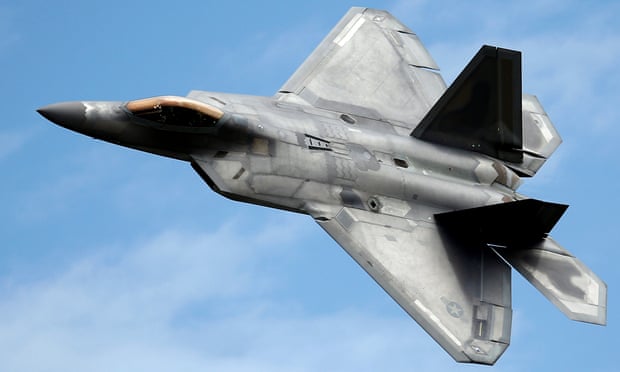July 14, 2016
The purpose of terror is to terrify.
At this point, the details of the terror attack in Nice are still unknown. We still do not know if these were jihadists. However, it seems likely. Each attack is different in some detail, but it is not unreasonable to assume that it was. Assuming that, it is important to understand why Islamic State is doing this.
Its goal is to construct a multinational caliphate, uniting Islamic countries under a single state. In order to do that it must unite Muslims. In order to unite Muslims, it must give them an unmistakable enemy, that only unity can defeat. At the moment there is no such enemy that would force Muslims to unite. IS wants to create one.
Lenin said that the purpose of terror is to terrify. The creation of terror can cause any population to demand protection from such attacks. IS is a sparse global network operating covertly. It is difficult to identify its soldiers, and therefore difficult to destroy them. A purely defensive posture, protecting airports and buildings, won’t work. In this case, the offense has a substantial advantage over the defense. The defense can’t be everywhere. Therefore, the offense can identify gaps and exploit them. Populations cannot live their lives constantly under threat.
Multiple attacks like the Nice attack can terrify a population over time. It is not an irrational fear. The whole point of terrorism is to take the population to the point where fear is the only rational response. When that happens, there are political consequences. First, governments that have spoken of prior tragedies but have not prevented further attacks become delegitimized. Second, there is no moderate response that could work – only extreme ones like mass deportations, or worse. Given enough terror, unthinkable results can be generated.
This is precisely what IS wants to achieve. It wants a response so overwhelming it will unite Muslims everywhere. The strength of IS strategy is that it leaves the defenders an impossible decision. No moderate defense is possible. Any extreme response by France or the West will create a response in the Muslim world that would benefit IS.
The fact that there have been relatively few catastrophic events like Nice has kept the pot from boiling over. It may be that IS doesn’t have enough operatives or that Western intelligence is detecting and destroying cells. But if the number increases, then the only reasonable response will be fear, and fear demands action. It becomes an irresistible force. The brutal fact is that IS has not hit the tripwire on extreme fear yet, which means the likelihood of more frequent attacks is high.






